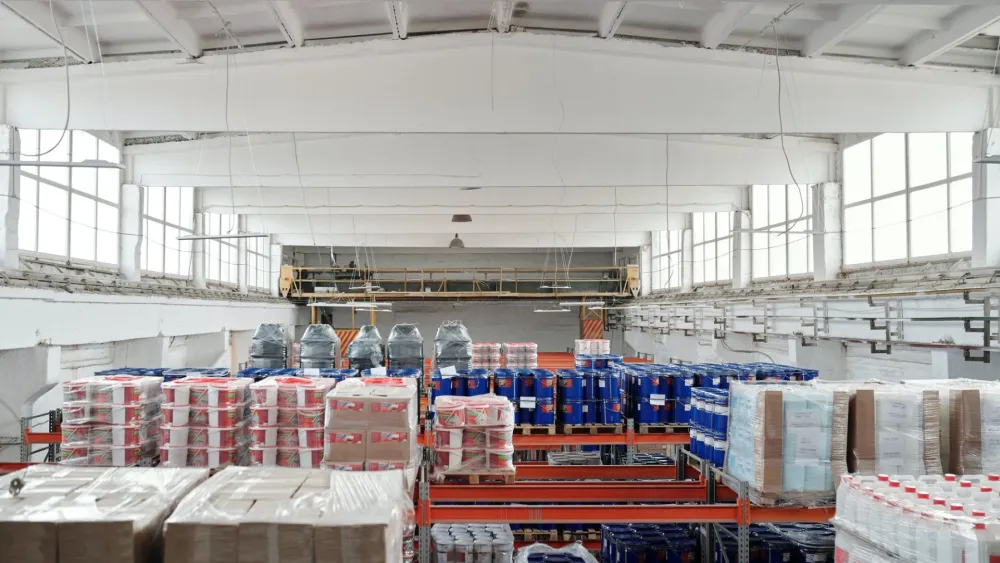
Seoul new industrial completions hit 3-year low
Only four centres were completed in Q3 2024.
Seoul’s challenging project financing market remained prominent. According to a JLL report, in Q3 2024, only four centres were completed, which was fewer than initially speculated. In terms of area, this represented the lowest level in nine quarters, and in terms of number, the fewest in three years.
“In Q3 2024, the net absorption was higher than quarterly new completions, lowering the vacancy rate by 93 bps q-o-q to about 17.1%. The South, the Southeast and the Central experienced declines in vacancy rates, while the West saw a slight increase,” the report said.
Here’s more from JLL:
The SCA market recorded a net absorption of 197,000 pyeong, marking a 33% increase q-o-q. All submarkets, except for the North, where little activity was observed, witnessed positive net absorption. A significant portion of net absorption occurred in existing centres.
The West submarket notably achieved the highest net absorption at 85,500 pyeong, surpassing the combined figure for the first half of the year. The leases signed in the quarter included tenants from e-commerce, 3PL, furniture, cosmetics and F&B.
Logistics market yield stays at 5.5% for the fourth straight quarter
The overall net effective rent rose to KRW 31,336 per pyeong per month, a 1.3% increase q-o-q. All submarkets demonstrated positive rental performance, and among these, the North, where most of the stock is located close to Seoul, still had the highest rent.
Transaction volume amounted to KRW 1.5 trillion, similar to the previous quarter. The largest deal was the transaction of Jisan to LaSalle Investment Management. Following the sale of Building A the previous quarter, Building B’s transaction was completed in the quarter.
Outlook: Projects face ongoing postponements and terminations
Following the Fed’s September rate cut, expectations for favourable financing conditions rose. However, a pipeline of deals and a strong buyers’ market will sustain the large bid-ask gap, pressuring overall transaction volumes for an extended period.
Construction delays may continue due to tough project financing. With permits nearing expiration, new supply could decrease. Fewer developers are likely to start new projects, deterred by high replacement costs and substantial existing inventory.



















 Advertise
Advertise







